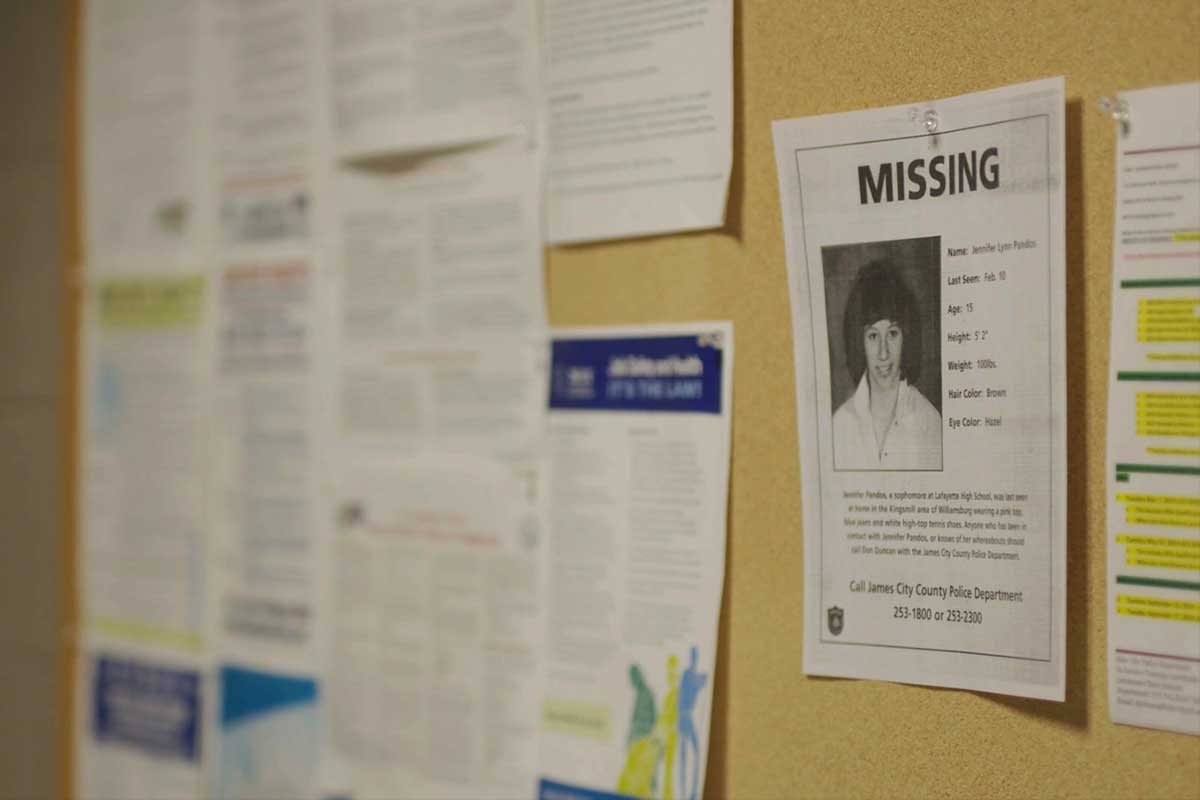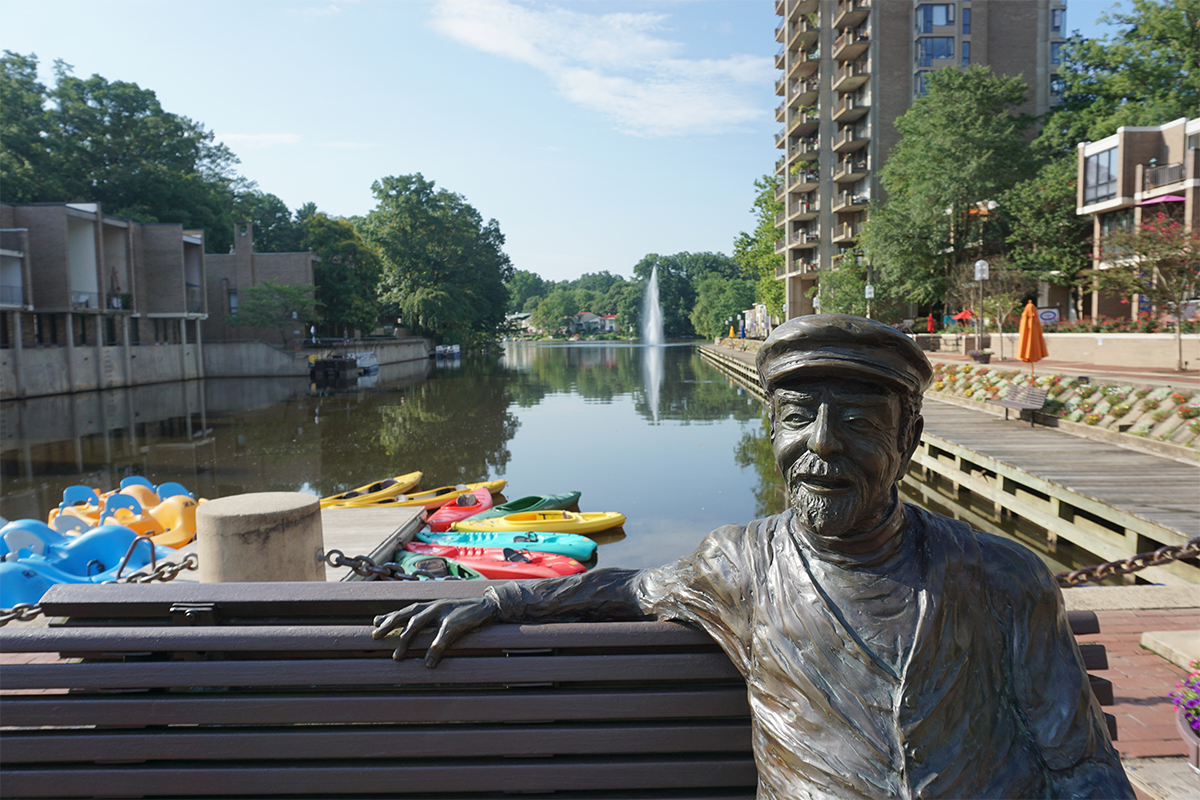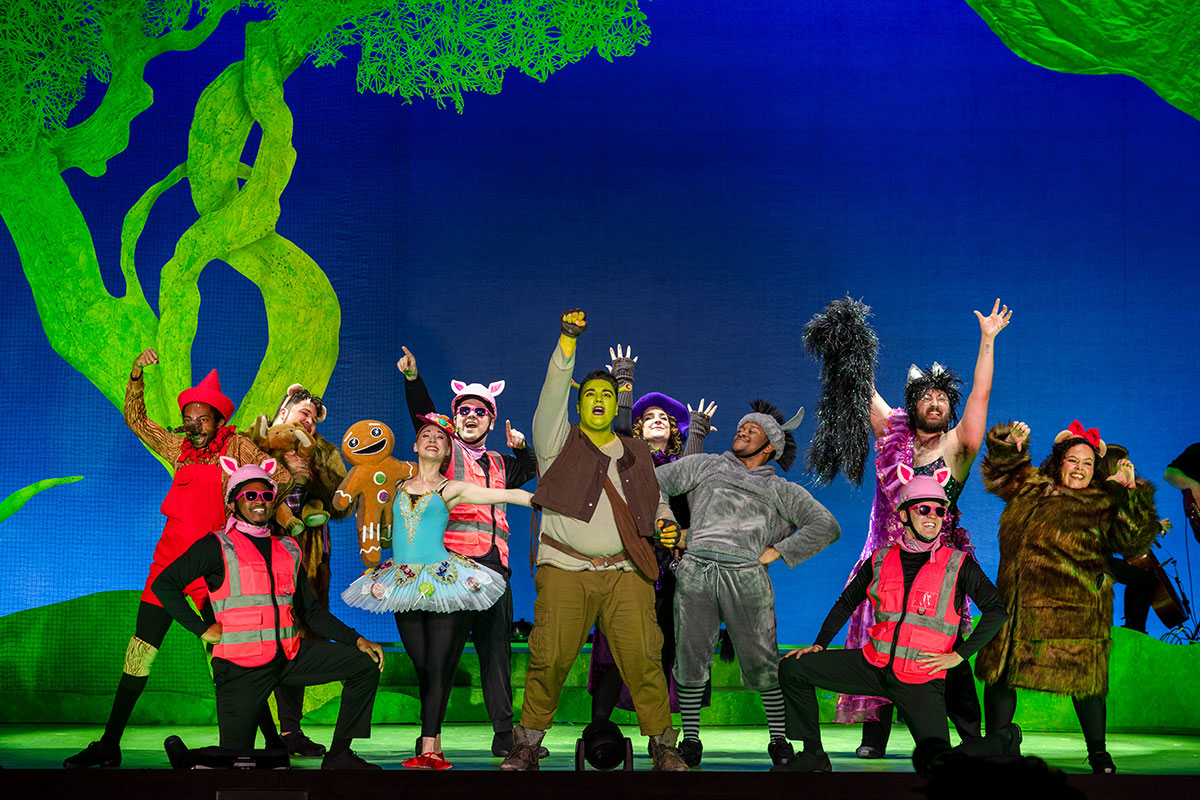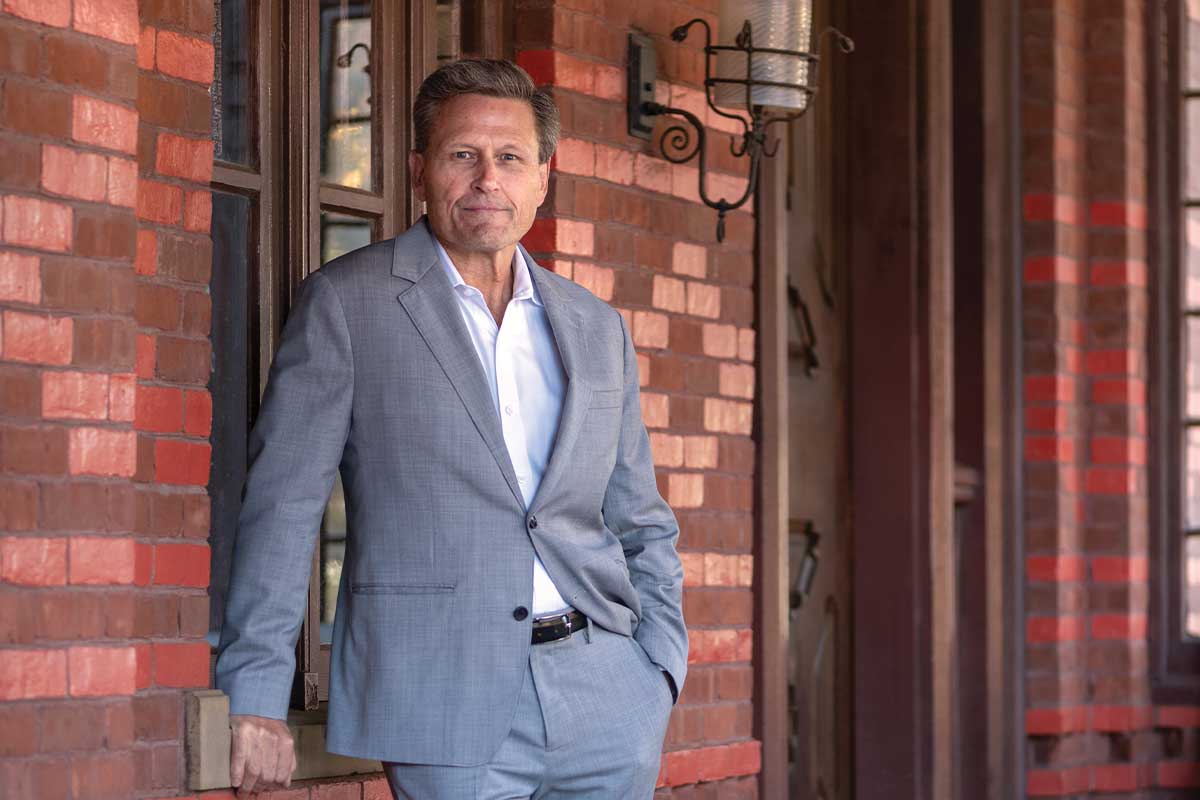A four-part true crime docuseries with Virginia ties, Burden of Proof, debuts Tuesday, and Northern Virginia Magazine talks with the brother of a teen who disappeared in 1987 and the director of the HBO series.
Burden of Proof, directed by Cynthia Hill, who also directed and produced HBO’s Private Violence, explores the missing persons case of Jennifer Pandos, 15, who disappeared in 1987, seemingly vanishing from her bedroom overnight.
Decades later, Jennifer’s older brother Stephen Pandos begins a journey for justice for Jennifer, searching for the truth about what happened to his younger sister. The series, the first two parts of which air Tuesday, June 6 and the final two parts, Wednesday, June 7,was shot over seven years, with the case revealing new secrets.
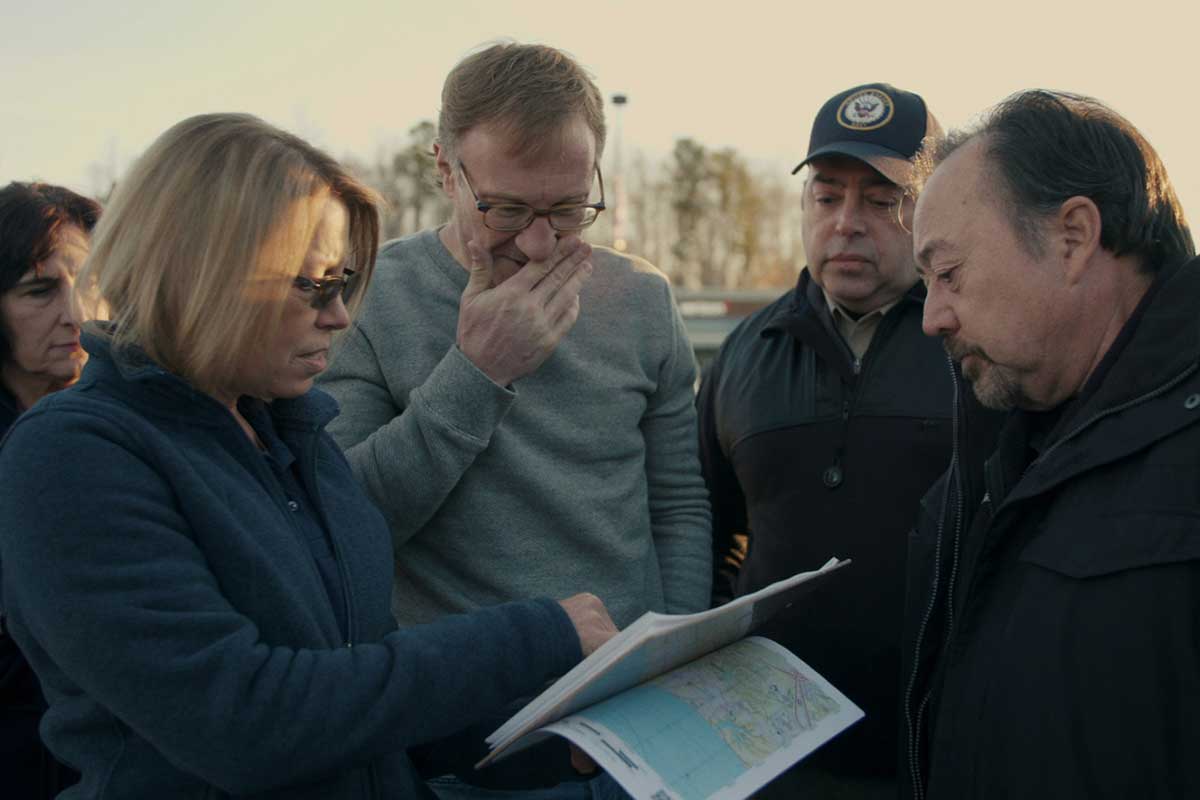
The series deals with intense family trauma, including Stephen Pandos’ belief that his parents were involved. Other issues the series touches on involve abortion and domestic abuse.
In the documentary, the entirety of which can be streated on HBO Max Tuesday, Hill and Pandos speak with his own parents, Jennifer’s high school friends, aunts and others.
As new evidence comes to light, the viewer sees him question everything.
How hard was it to work on this documentary for so many years, immersing yourself in your sister’s story?
Pandos: We were filming for the last seven-and-a-half years or so, but I started this journey for justice for my sister in 2009. It’s really been almost 14 years that I’ve been doing this, and I can’t quit.
What do you hope viewers get out of the documentary?
Pandos: I think for me, it’s about persistence, and not giving up and getting to a place that you’re at peace with an undefined outcome. For me, it’s about being comfortable knowing that you’ve done all you can do.
How is your relationship with your family these days?
Pandos: I’m working on my relationship with my mom. My relationship with my dad is a bit more complicated. My daughters have been visiting my mom more too.
How did you meet Stephen and come up with the idea for a documentary on his sister?
Hill: Stephen reached out to me in 2015. He came about locating me because I had just completed a film [Private Violence] about domestic violence that was also on HBO. … I think he really was looking for someone to help him understand and tell the story about what he thought was going on with his mom and her inability to tell what happened. Her trauma was so horrific that she just could not tell the truth. For me, documenting Stephen’s journey, seeing the ripple effects of this tragic event and the lingering feeling of not knowing what happened to his sister, and then eventually, getting to know his parents and them not knowing what happened, was a very compelling story for me.
Was this your first true crime documentary?
Hill: I’d never documented his story like this. At first, it wasn’t going to be a huge whodunit, it was more about just following Stephen on this quest. As the story started to take different twists and turns, it became obvious that I needed some support. We brought on board a former investigative reporter, Andrea Weigl, who was extremely helpful.
It was new territory for us trying to understand what was in the case file and trying to follow new leads. We became investigators ourselves in the process. It was an emotional rollercoaster for the whole family.
I have two young daughters and they were very much at the top of my mind when I worked on this story, thinking about what happened to Jennifer and wanting to do her justice and tell her story. I think that for this kind of genre, the victim gets lost frequently and we didn’t want that to happen with this story.
Do you have any advice for families of victims of crime?
Pandos: I’m hopeful that people who might be going through some sort of traumatic event can learn from what I’ve done well, and not as well. This was all about justice for Jennifer.
Do you have good memories of being in Virginia with Jennifer?
Pandos: It’s always nice going back to Williamsburg. I still have friends there that I grew up with there who I miss dearly. It’s fun seeing how Williamsburg has changed through the years. I like being around the neighborhood, remembering the good times and the good things. It’s helpful and important and nice, because prior to this, I hadn’t visited in a while.
Would you like to share with us plans for your next project?
Hill: Because this has been such a long project, there have been some things I’ve done while working on it. I’m trying to do something completely different. We have been filming Bigfoot hunters in the Ozarks. It’s a different kind of mystery. That’s what I like about this work, you can reinvent yourself with every new project. You learn about something completely different and expose yourself to people that you never would meet ordinarily in your life. I think that’s a true gift for being a documentary filmmaker.
Feature image courtesy HBO
For more stories like this, subscribe to Northern Virginia Magazine’s Things to Do newsletter.

